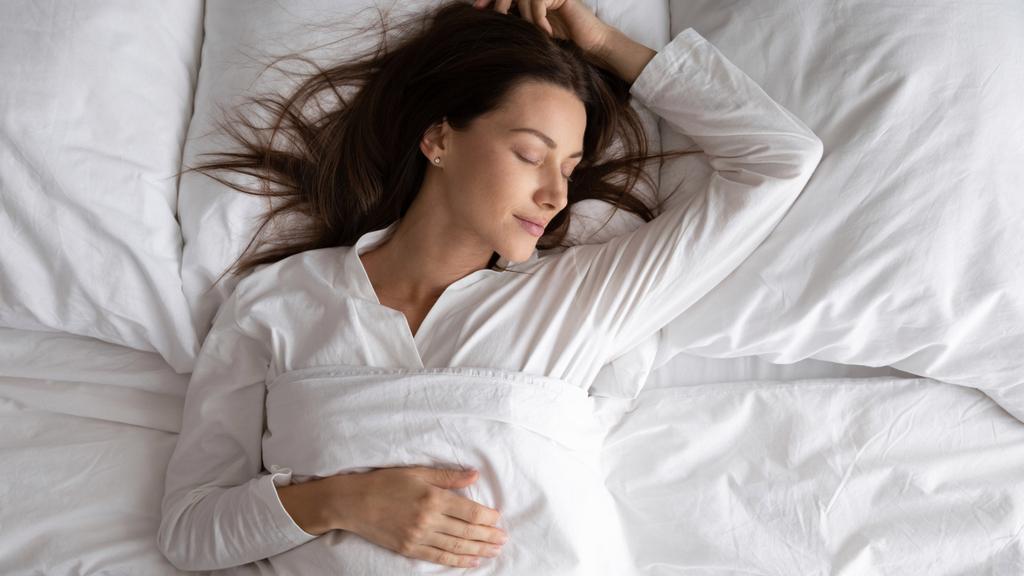
Image: iStock
Older age is synonymous with sleeping issues – worldwide rates of insomnia for those over 65 are upwards of 50 per cent. However, sleep begins to decline much earlier – from the ripe old age of 30. Whether it’s chronic pain from an injury, bedtime anxiety or the night sweats of menopause, there are multiple reasons you struggle to sleep as you age – and here are the top five.
1. A decline in hormones
For both females and males, this is an issue. First, ladies: oestrogen, our primary sex hormone, usually stabilises our body temperature, allowing us to keep cool through the night – which is essential for melatonin production. However, oestrogen takes a downswing as we progress in our years, and as such, so does our ability to thermoregulate.
Thus, less oestrogen can lead to overheating, which then leads to less melatonin, and sleeplessness. In addition, testosterone loss is an issue too – so much so that the degree of this loss can predict the severity of a sleeping issue.
2. An aging eye lens
In older adulthood the eye’s lens yellows, decreasing the amount of blue light entering the eye. While you may perceive this as a positive, actually, it’s not. You see, blue light regulates the circadian rhythm, and helps maintain a consistent sleep–wake pattern – a fundamental of sleep quality.
3. Magnesium deficiency
A 2005 study by the Medical University of South Carolina found two in every three adults fall short of the daily requirement – and it gets worse with age. as you probably know, magnesium is a key sleep supportive nutrient which helps the body relax, and facilitates our sleep in the process. The reasoning behind this? With aging comes diminished gut function, dietary changes, medication usage and chronic illnesses, all of which can impair magnesium uptake.

Image: iStock
4. Comorbid conditions
While health conditions can occur to anyone, at any age, there are a few to highlight that coincide with older age. Firstly, Alzheimers: the risk of developing the illness doubles every five years above the age of 65. And, a 2017 study by the University of Sussex found that 40 per cent of those with the illness experience sleeping issues.
Secondly, chronic pain: a 2020 study published by the Australian Institute of Health and Welfare found one in five – 20 per cent – of those over 45 experience chronic pain, leaving many tossing and turning all night.
5. Napping
According to a 2016 study in the academic journal Sleep Medicine, 26 per cent of those aged 65 and above nap frequently, compared to only 12 per cent of young adults. While napping can be okay (if you follow my Perfect Nap Plan), it also can be a sleep saboteur: on average, nappers take 39 per cent longer to fall asleep on days they nap, compared to days they do not. Overall, this means the likelihood of napping impairing sleep is higher for older versus younger adults.
As you can see, there are some significant uphill challenges facing us as we age – so don’t think it’s just you. However, also know that you can be proactive – regardless of your age – and still see improvements in your sleep. Specifically, practice my bedtime routine each night, limit sleep saboteurs like alcohol, sugar and blue light, and seek help for anxiety and depression if suffering. While it’s commonplace for sleep quality to take a dip, this doesn’t have to be the case for you – and by following the advice, it shouldn’t be.
Originally featured on Body and Soul
+ show Comments
- Hide Comments
add a comment